
Blog
February 19, 2025 | Source: LSE Press | by David Luke
Why do images and reports of starving and malnourished Africans appear so often in the media? What are the actual dimensions of the problem? What has trade and climate got to do with it? In How Africa Eats: Trade, Food Security and Climate Risks, award-winning author David Luke and a team of researchers seek to answer these questions, to explain why Africa struggles with food security and what can be done about it. The intersection between trade, agriculture policies, and climate risks is fundamental to this enquiry.
Using a data-led approach, this book examines in detail what Africa eats and where and how it is produced. It investigates how finance, investment, foreign aid, institutions, actors and capacities interact with policies in holding Africa back from becoming an agricultural powerhouse despite having 60 per cent of the world’s arable land area.
The book evaluates how climate change exacerbates the continent’s challenges and scrutinises the sustainability of production systems in the face of environmental volatility. Experts in trade policy, international law and development unpack the barriers that currently limit the growth of intra-African food trade, including the role of the World Trade Organization (WTO), and model the expected impact of the implementation of the African Continental Free Trade Area (AfCFTA) on agricultural trade.
The post How Africa Eats: Trade, Food Security and Climate Risks appeared first on Organic Consumers.
.png)
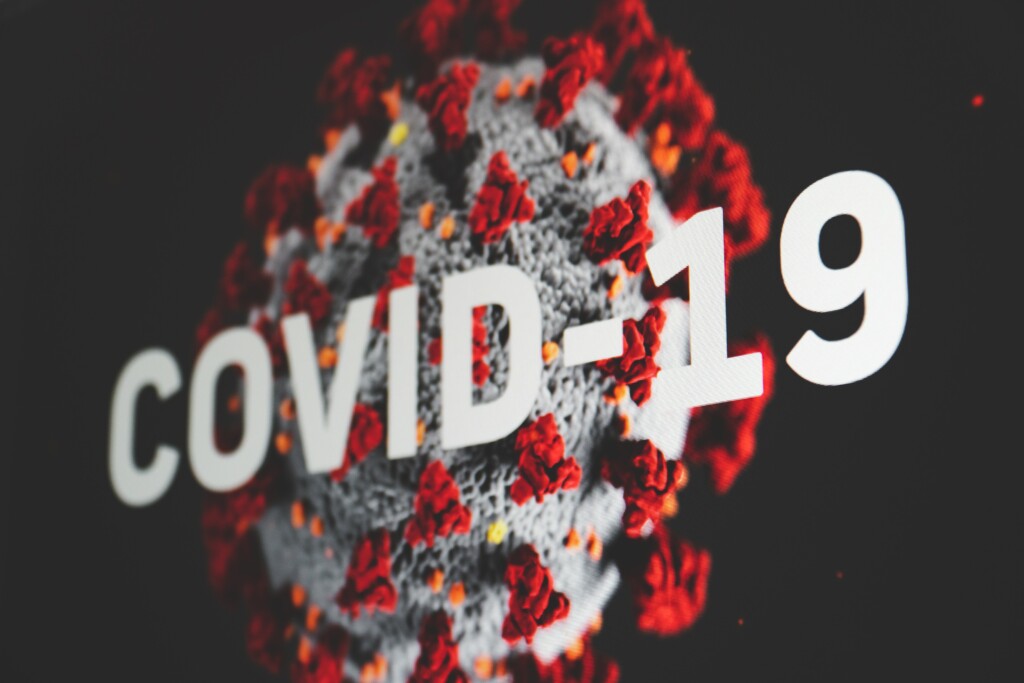





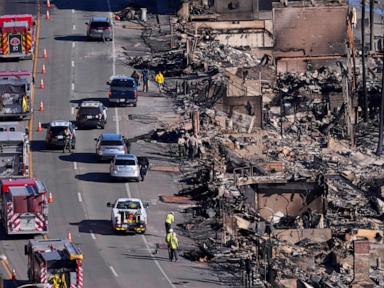
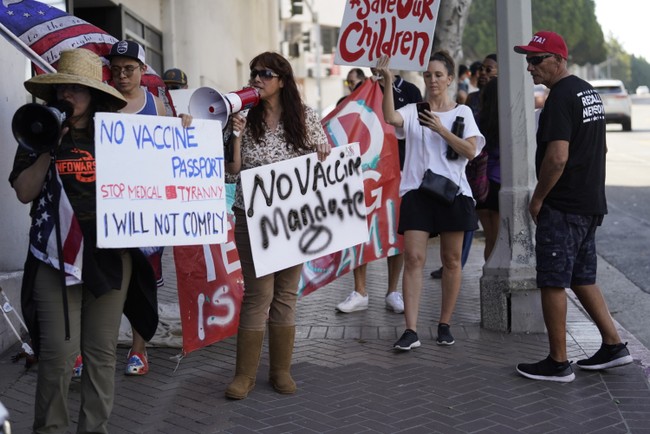

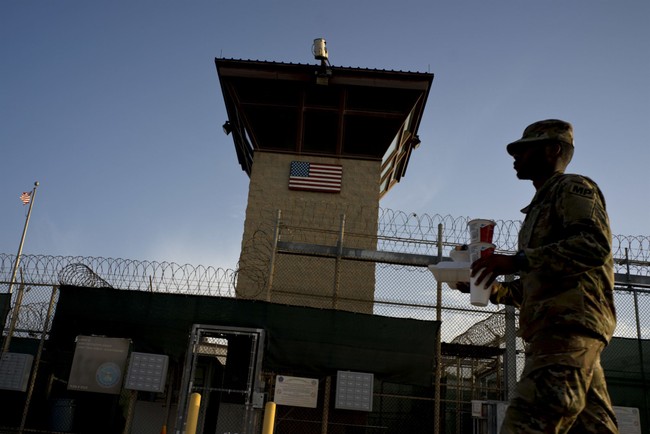

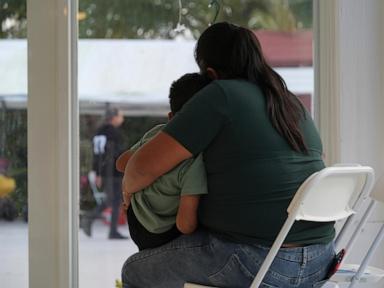
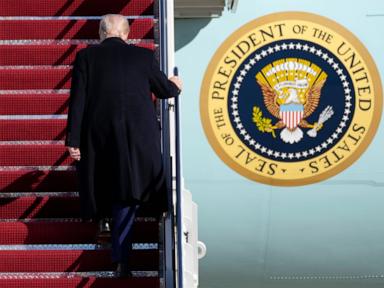
 English (US)
English (US)